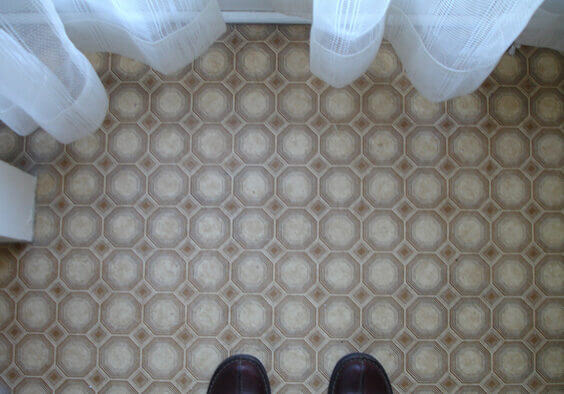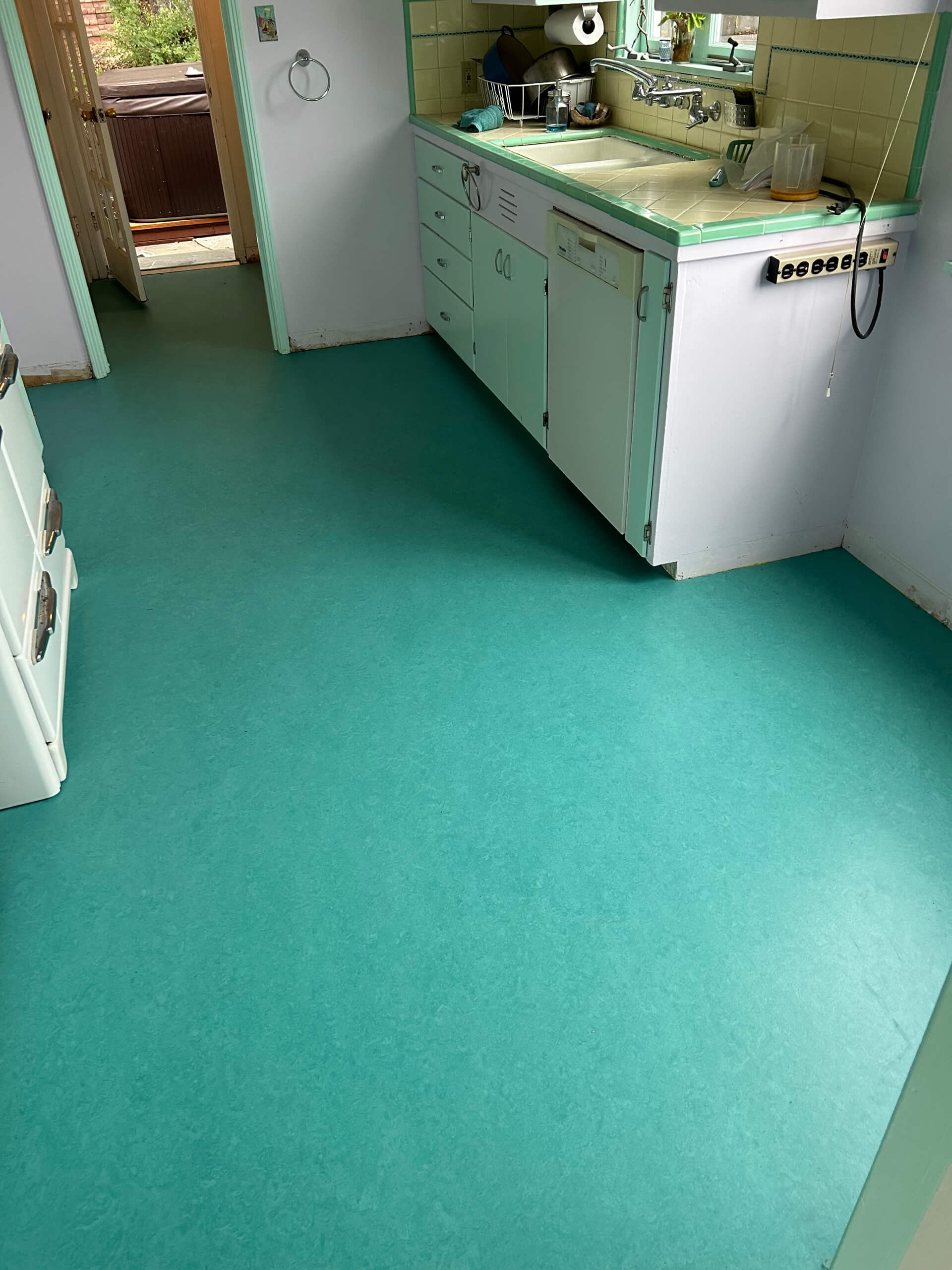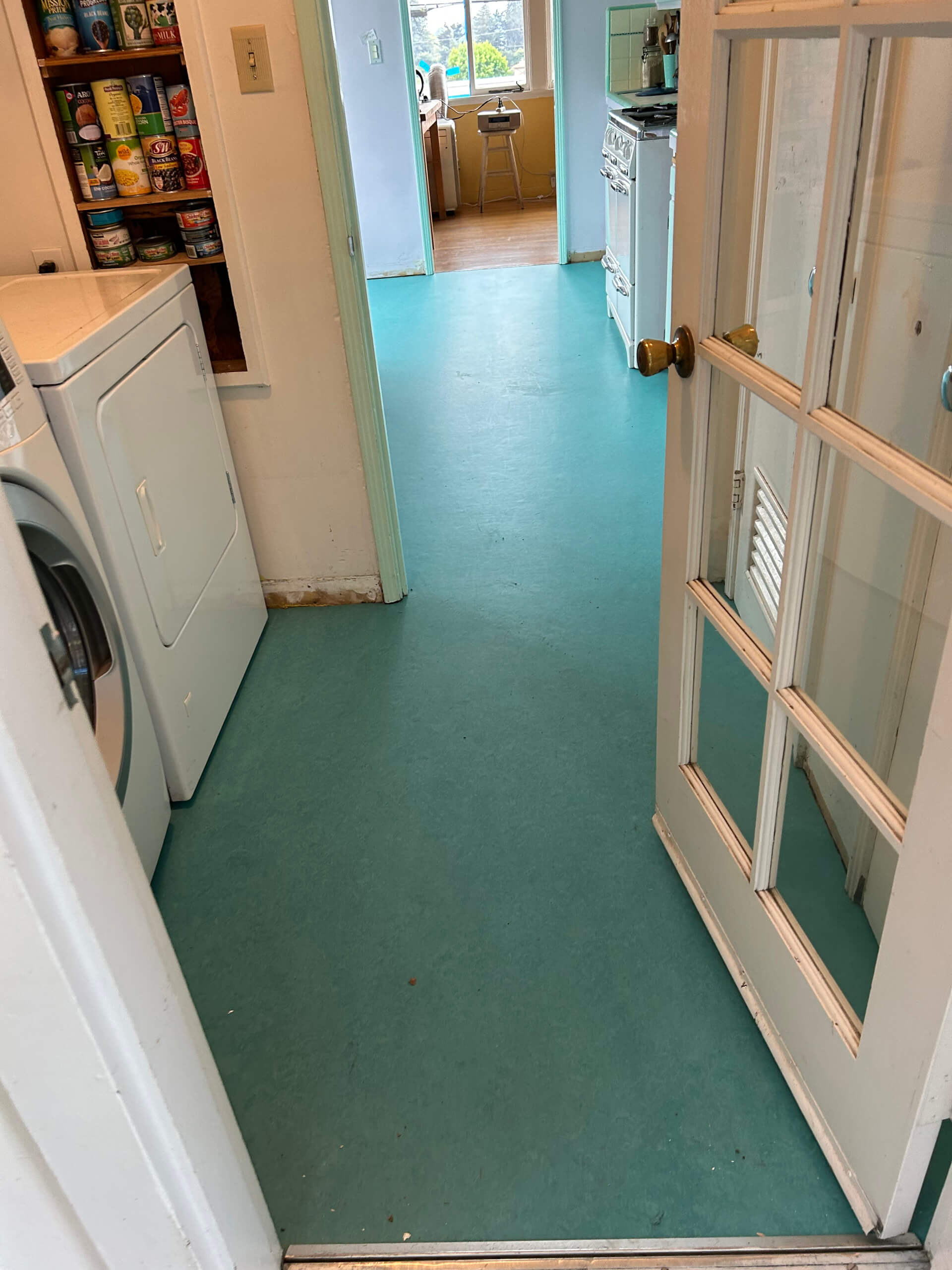Products
Linoleum
Linoleum Flooring
Linoleum flooring is a sustainable and environmentally friendly version of vinyl flooring. Although Linoleum and Vinyl share many of the same properties, Linoleum is a more sustainable flooring material. Linoleum products are fashionable, colorful, and will compliment most any decorating style. There are stylistically vintage linoleum options for older homes to match original household period designs. Linoleum will also fit the bill for home restoration in a retro theme.


Linoleum is Made From 97% Raw Natural Materials
Unlike vinyl, which is made of chemical compounds, Linoleum is made from raw natural materials – linseed oil, recycled wood flour, cork, tree resins and mineral oil. The colors used in Linoleum penetrate completely through the material, not just on the surface. If there is a scratch or a gouge in Linoleum, it can be polished out.
Warehouse Direct Flooring gives you professional Linoleum installation and superior selection for any room in your home. We carry linoleum remnants and discontinued colors to give you the best price possible. Visit our portfolio page to see some of the linoleum installations we've done.
You may think that Linoleum is a relatively new development, but the truth is that it was actually patented in the 1860's. It has a rich history as a luxury flooring material and was used extensively on the floors of the Titanic. Vinyl flooring became more popular in the 1940's because of its reduced cost, but Linoleum was still considered the more premium floor covering in comparison.
There are two major manufacturers of Linoleum – Forbo who produces Marmoleum, and Armstrong who makes Marmorette. Each of these manufacturers produces a high quality product, using the same proven formulas, systems and techniques to produce their Linoleum as was used 100 years ago.
Benefits
Linoleum Benefits
Linoleum flooring comes in both long single sheets and square or rectangular tiles. Here are some of the most notable things to know about Linoleum.
Tiles, Rolls or Planks?
If you've decided to put linoleum in your residence or commercial building, your next choice lies in selecting the type of linoleum floor that best suits your needs. Sheet linoleum, which requires professional installation due to its difficulty as a DIY project, provides a seamless appearance, minimizing visible seams. Linoleum tiles, also requiring professional installation, allow for creative floor patterns as they are individually adhered to the subfloor with adhesive. For a thicker option, linoleum planks, resembling extra thick tiles, present a floating floor solution, sold in long, elegant pieces that lock together without adhesive. With widths ranging from 6 to 12 feet, linoleum sheet flooring, cut to order from bulk rolls, is installed by shaping it to the room and adhering it with flooring adhesive. Linoleum's three main types—sheet, tile, and plank—are resilient choices ideal for kitchens, bathrooms, and entryways, with installation methods being the primary distinction. While sheet linoleum may be challenging for DIY projects, professional installation is cost-effective and preferred by many homeowners. Linoleum tiles allow for versatile floor patterns, and plank flooring, with its floating floor design, adds an elegant touch. Available in various designs, from solid colors to intricate marbled looks, linoleum flooring caters to diverse aesthetic preferences. Commercial-grade options are also available, ensuring durability in high-traffic areas. Consider your installation preferences, traffic exposure, and design flexibility when choosing the ideal linoleum flooring for your space.





